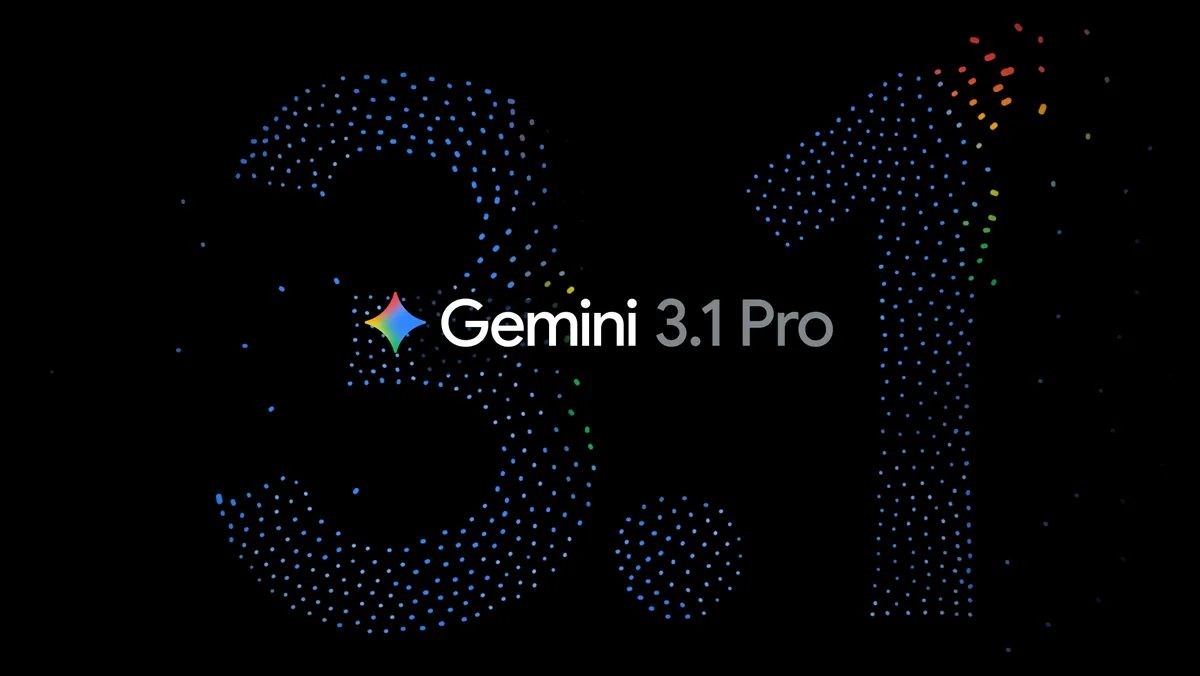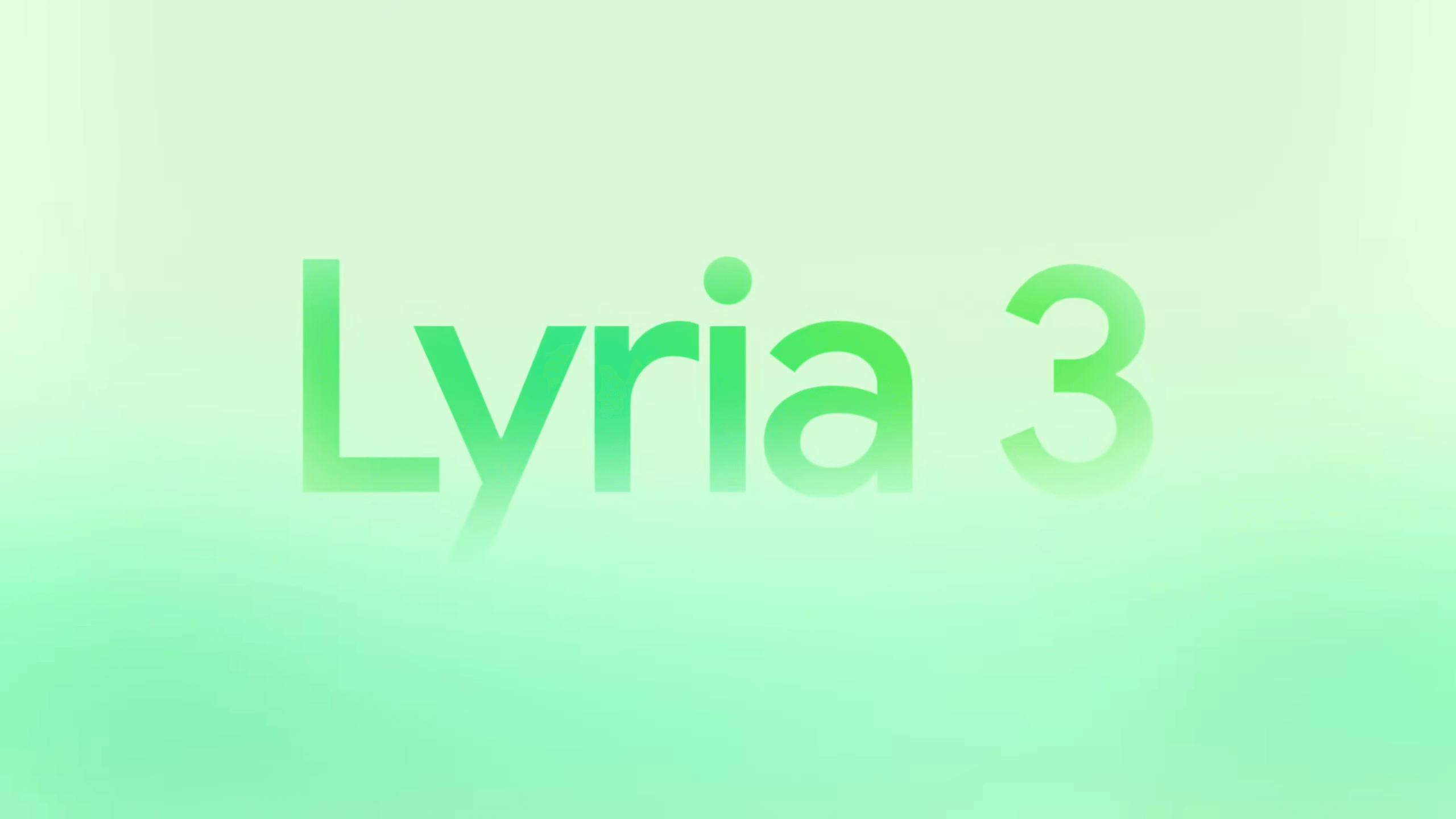Read full article about: OpenAI is building a $200 to $300 smart speaker that tells you when to go to bed
OpenAI's first smart speaker is expected to land between $200 and $300. According to The Information, the device packs a camera and facial recognition for purchases. It uses video to scan its surroundings and serve up proactive suggestions, like telling you to hit the sack early before a big meeting. A court filing from Vice President Peter Welinder puts the earliest ship date at February 2027.
The company's 200-plus-person hardware team is reportedly building out a whole product lineup. That includes smart glasses (mass production no earlier than 2028), prototypes of a smart lamp with no clear launch timeline, and an audio wearable called "Sweetpea" that's gunning for AirPods. There's also a stylus called "Gumdrop" in the works. Foxconn is reportedly handling manufacturing for the hardware lineup.
CEO Sam Altman has teased at least one device reveal for 2026. OpenAI isn't alone in this race. Companies like Meta and Apple are making similar bets on AI hardware as the next big computing platform.
Comment
Source: The Information
Read full article about: Nvidia reportedly set to invest $30 billion in OpenAI
Nvidia is close to investing $30 billion in OpenAI, Reuters reports, citing a person familiar with the matter. The investment is part of a funding round in which OpenAI aims to raise more than $100 billion total - a deal that would value the ChatGPT maker at roughly $830 billion, making it one of the largest private fundraises in history.
SoftBank and Amazon are also expected to participate in the round. OpenAI plans to spend a significant portion of the new capital on Nvidia chips needed to train and run its AI models.
According to the Financial Times, the investment replaces a deal announced in September, under which Nvidia was set to provide up to $100 billion to support OpenAI's chip usage in data centers. That original agreement took longer to finalize than expected.
Comment
Source: Reuters | Financial Times
Read full article about: Claude now available directly in PowerPoint for Pro users
Anthropic brings Claude's PowerPoint integration to Pro subscribers. Max, Team, and Enterprise customers get access too. The feature is currently in beta as a Research Preview.
Claude can create, edit, and generate full presentations from text descriptions directly inside PowerPoint. The model reads layouts, fonts, and colors from the slide master, so changes match the existing design. The add-in is available through the Microsoft Marketplace.
That said, users on the Marketplace are already reporting error messages and other issues. Anthropic itself notes that Claude can make mistakes and recommends reviewing all results.
AWS AI coding tool decided to "delete and recreate" a customer-facing system, causing 13-hour outage, report says
Amazon’s cloud division AWS experienced at least two outages involving its own AI tools, according to a Financial Times report. Amazon denies the connection and blames user error.
Read full article about: New benchmark shows AI agents can exploit most smart contract vulnerabilities on their own
OpenAI and crypto investment firm Paradigm have built EVMbench, a benchmark that measures how well AI agents can find, fix, and exploit security vulnerabilities in Ethereum smart contracts. The dataset covers 120 vulnerabilities drawn from 40 real-world security audits.
In the most realistic test setup, AI agents interact with a local blockchain and have to carry out attacks entirely on their own.
The top-performing model, GPT-5.3-Codex, successfully exploited 72 percent of the vulnerabilities and fixed 41.5 percent. For detection, Claude Opus 4.6 came out ahead at 45.6 percent.
The biggest challenge for the AI agents isn't exploiting or fixing vulnerabilities - it's finding them in large codebases, the researchers say. When agents were given hints about where a vulnerability was located, exploit success rates jumped from 63 to 96 percent, and fix rates climbed from 39 to 94 percent.
With over $100 billion locked in smart contracts, the authors see both an opportunity for better security and a growing risk if these capabilities fall into the wrong hands.
Read full article about: Fei-Fei Li's World Labs raises one billion dollars for "spatial intelligence"
World Labs, the AI startup founded by AI pioneer Fei-Fei Li, has raised one billion dollars in a new funding round. Backers include Autodesk, Andreessen Horowitz, Nvidia, and AMD, according to a blog post from the company. World Labs builds so-called world models - AI systems designed to understand the three-dimensional world and make decisions within it. According to Bloomberg, Autodesk alone contributed 200 million dollars.
We are focused on accelerating our mission to advance spatial intelligence by building world models that revolutionize storytelling, creativity, robotics, scientific discovery, and beyond.
Late last year, World Labs launched its first product "Marble," which generates 3D worlds from images or text. The startup says it will use the new funding to expand into robotics and science applications. World Labs didn't disclose its valuation, but Bloomberg previously reported talks at around 5 billion dollars. Li is known for her work on the ImageNet project, which played a major role in advancing modern image recognition.
Read full article about: Apple's smart glasses are further along than expected, with production targeted for late 2026
Apple is pushing ahead with three wearable AI devices: smart glasses, a pendant, and AirPods with a camera, according to Bloomberg. While these product categories had been rumored for a while, new details are now emerging.
The smart glasses (codenamed N50) appear to be further along than previously known. Bloomberg reports that Apple is already distributing wider prototypes internally, developing custom frames, and targeting production to start in December 2026. The glasses will reportedly feature two cameras - one for high-resolution photos and another for computer vision similar to the Vision Pro.
The pendant is said to be roughly the size of an AirTag, worn via a clip or chain, with processing power comparable to AirPods. Apple is still debating internally whether to include a speaker. According to the report, the camera-equipped AirPods could ship as early as this year, while the pendant wouldn't arrive until 2027 at the earliest. All three devices are built around Siri and designed as iPhone accessories. The Vision Pro team is now working on the glasses and pendant as well.


